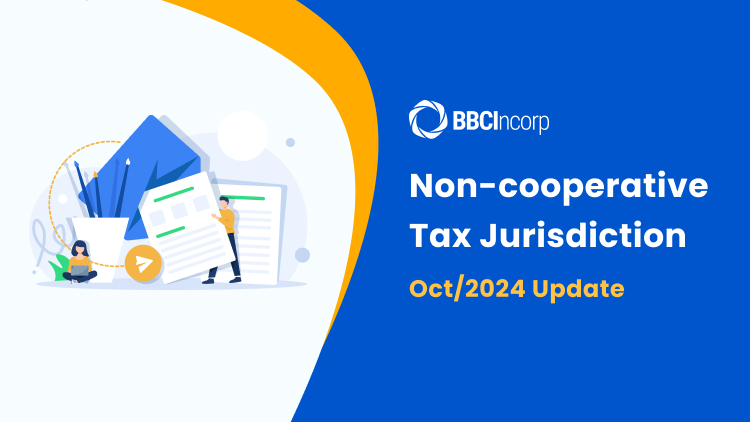
Table of Contents
What is the EU’s non-cooperative jurisdiction list?
The EU’s list of non-cooperative jurisdictions for tax purposes includes countries that have not met their commitments to adhere to tax good governance criteria within a set timeframe, as well as those that have refused to comply.
The list is divided into two annexes:
- Annex I includes countries that have not fulfilled their commitments to tax good governance.
- Annex II, known as the “grey list,” comprises jurisdictions that cooperate with the EU but have pending commitments to improve their tax practices.
Changes to the EU’s list in October 2024
In October 2024, the EU made important updates to its list of non-cooperative tax jurisdictions. Here’s a summary of the changes:
- Antigua and Barbuda has been removed from Annex I but added to Annex II; and
- Armenia and Malaysia have been removed from Annex II.
Updates to Annex I
Annex I currently lists 11 countries known for non-compliance with EU tax standards. These countries include:
- American Samoa
- Anguilla
- Fiji
- Guam
- Palau
- Panama
- Russia
- Samoa
- Trinidad and Tobago
- The US Virgin Islands
- Vanuatu
Changes in Annex II
Annex II, the “grey list,” now includes 9 jurisdictions that have committed to improving their tax practices. These jurisdictions are:
- Antigua and Barbuda
- Belize
- The British Virgin Islands
- Costa Rica
- Curacao
- Eswatini
- Seychelles
- Turkiye
- Vietnam
For detailed information regarding he commitments and progress of each jurisdiction, please refer to the EU’s official publication on the revised list.
What these changes mean for international businesses
For international companies, these updates require navigating a complex tax regulation landscape. Firms operating in the affected jurisdictions must understand how these changes may impact their reporting obligations and tax strategies.
Businesses in jurisdictions listed in Annex I and Annex II may encounter additional reporting requirements, including adherence to Economic Substance Rules, Financial Return Filing, and Tax Registration.
On a positive note, increased compliance efforts in these areas could lead to more standardized and lower-risk operations. Companies may benefit from improved predictability in tax practices and a reduced risk of non-compliance.
Accurate compliance with tax reporting, payments, and local legal filings is essential for businesses everywhere. Staying informed about updates to the EU’s list will enable companies to adjust their strategies effectively.
For further assistance in navigating these complex tax regulations, feel free to reach out to us at service@bbcincorp.com. Our experts are ready to provide guidance tailored to your business needs.
Disclaimer: While BBCIncorp strives to make the information on this website as timely and accurate as possible, the information itself is for reference purposes only. You should not substitute the information provided in this article for competent legal advice. Feel free to contact BBCIncorp’s customer services for advice on your specific cases.
Industry News & Insights
Get helpful tips and info from our newsletter!
Stay in the know and be empowered with our strategic how-tos, resources, and guidelines.





